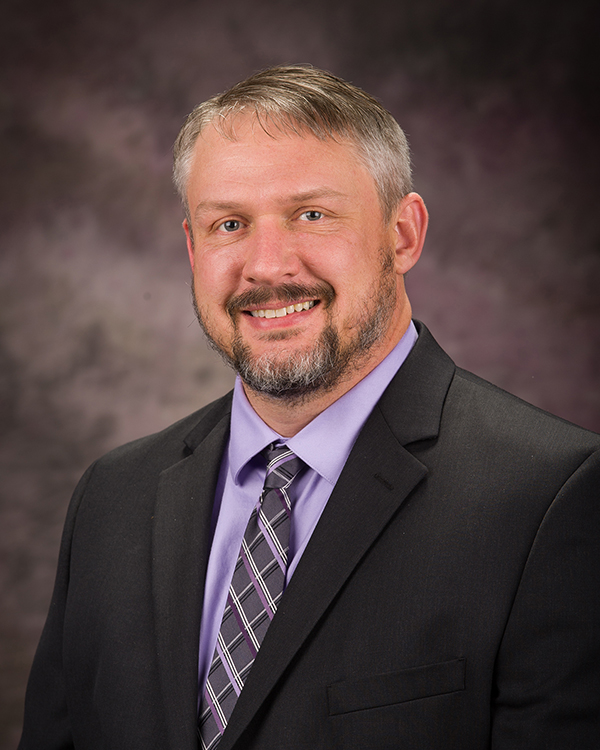K-State agricultural economist appointed to Space Weather Advisory Group to White House
Terry Griffin, professor of agricultural economics at Kansas State University and a precision agriculture economist, has been appointed to the second cohort of the Space Weather Advisory Group, a crucial advisory body for the White House Subcommittee on Space Weather Operations, Research and Mitigation, or SWORM. His expertise will contribute to national preparedness against space weather events through 2027.
The group, or SWAG, advises SWORM on improving the ability of the U.S. to prepare for, mitigate, respond to and recover from space weather events such as solar flares and geomagnetic storms. SWAG also advises improving the flow of knowledge and technology between research and operational applications and will develop and implement an integrated space weather observation strategy including subsequent updates and reevaluations.
“As a representative of our nation's end-users who are directly affected by space weather, I have been estimating potential economic damages to agriculture, construction, drilling and mining when GPS technology, also known internationally as Global Navigation Satellite System, signal degradation occurs,” Griffin said.
Griffin’s impactful research, publications, and presentations on solar storm effects on precision agriculture includes his work on the Gannon Storm in May 2024, which occurred while many producers were planting corn. Midwestern farms were particularly susceptible to Global Navigation Satellite System, or GNSS, signal degradation, which significantly impacted the accuracy of precision agriculture technologies.
This vulnerability was heightened by fewer available fieldwork days due to unfavorable weather, further delaying planting.
"Currently, about 70% of planted acres in the United States rely on equipment that uses GPS automated guidance to make straight parallel lines through the field," Griffin said. "We no longer exclusively use physical row markers, and the equipment is getting bigger to the point that we can no longer operate when the GPS is taken away. Not all farms were affected, but those that were lost on average about $17,000 per farm. It's not catastrophic, but they'll miss it."
Along with other members of SWAG, Griffin will continue work on a user-needs survey to identify the space weather research, observations, forecasting and modeling advances required to improve space weather products.
The timing of this effort is of great importance at this time in solar maximum.
“Although GPS has been used for agricultural purposes since the mid-1990s, we are just now experiencing heightened amounts of solar activity during the GNSS era," Griffin said. "Automated guidance technology was commercialized during the tail end of Solar Cycle 23 then the next solar cycle was relatively calm in comparison. It is increasingly likely that the next two growing seasons will have adverse GNSS outages for the farming community.”
SWAG was established in 2021 as directed by the Promoting Research and Observations of Space Weather to Improve the Forecasting of Tomorrow, or PROSWIFT, Act. Members provide a range of views that represent the academic community, commercial space weather sector, and nongovernmental space weather end-users to advise and inform the work of the White House SWORM Subcommittee. This ensures a well-rounded approach to space weather challenges.
Additional information on SWAG can be found at weather.gov/swag.
###

